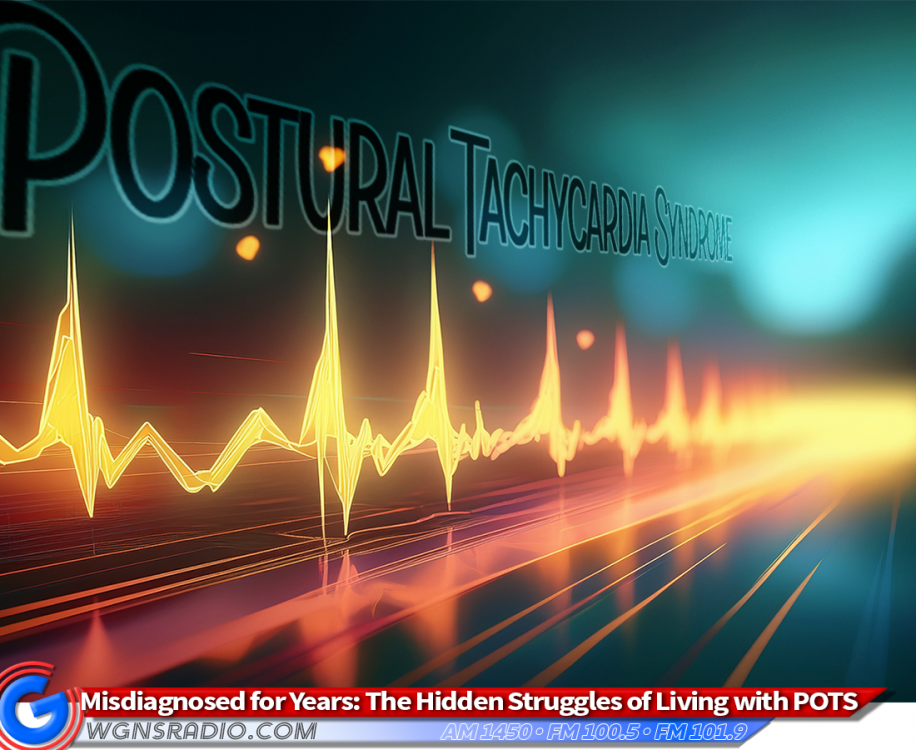There are many medical conditions that affect society in different ways. While some have clear treatments or cures, others can often be improved with simple lifestyle changes. However, certain conditions come with symptoms that closely resemble other health issues, leading to frequent misdiagnoses and improper care for many patients.
Dr. Nishtha Sareen, Medical Director of the Women’s Clinic at Ascension Saint Thomas Heart, recently spoke about some of the conditions that are commonly misdiagnosed or underdiagnosed. One of those conditions… Postural Orthostatic Tachycardia Syndrome is commonly referred to as POTS. The doctor emphasized how long it can take to receive an accurate diagnosis for POTS… Instead of identifying the real issue, many patients are initially treated for anxiety or depression... Mental health medications don’t help, because it’s not a mental health disorder.
Until POTS is properly recognized, patients may continue to struggle without the care they truly need, because the list of symptoms associated with POTS is extensive… Severe, long-lasting fatigue and lightheadedness, especially when standing or sitting for prolonged periods is common for those who suffer from POTS. Other common symptoms include brain fog (difficulty concentrating or remembering things), heart palpitations, nausea, vomiting, headaches, excessive sweating, and shakiness.
One of Dr. Sareen’s patients spent the better part of 20-years trying to find out what was truly wrong. The diagnosis was life-changing…
According to the Cleveland Clinic, the majority of people diagnosed with POTS are women between the ages of 15 and 50, although men can also be affected. Johns Hopkins Medicine reports that POTS symptom can worsen with increased physical activity or exercise. Additionally, those with POTS may appear pale at times or show discoloration in their hands or feet, particularly when their limbs are below the level of the heart. Warm environments—such as being outside on a hot day, in a warm room, or even taking a hot bath or shower—can also intensify symptoms.
While POTS can be life-changing, it is not considered life-threatening. If you believe you may have POTS, it’s important to schedule an appointment with a cardiologist. Some good news is that most medical providers report the symptoms of POTS often respond well to a combination of treatment that include diet changes, medication and physical therapy.
Dr. Nishtha Sareen primarily treats patients at Ascension Saint Thomas Heart Midtown in Nashville. Her office can be reached at 615-329-5144. Listen to our recent interview with Dr. Sareen HERE.





